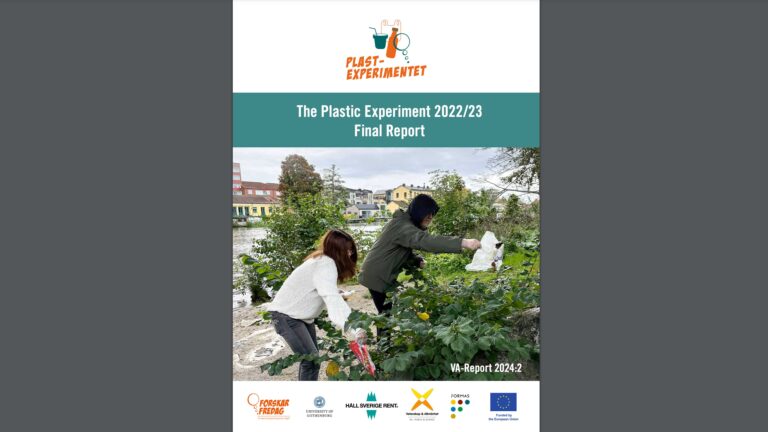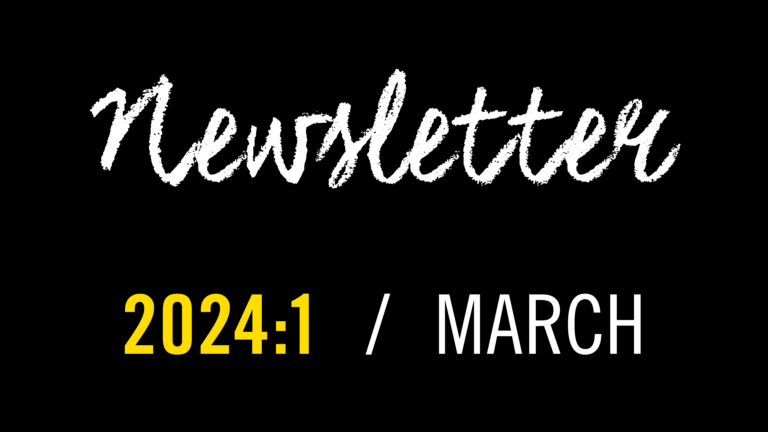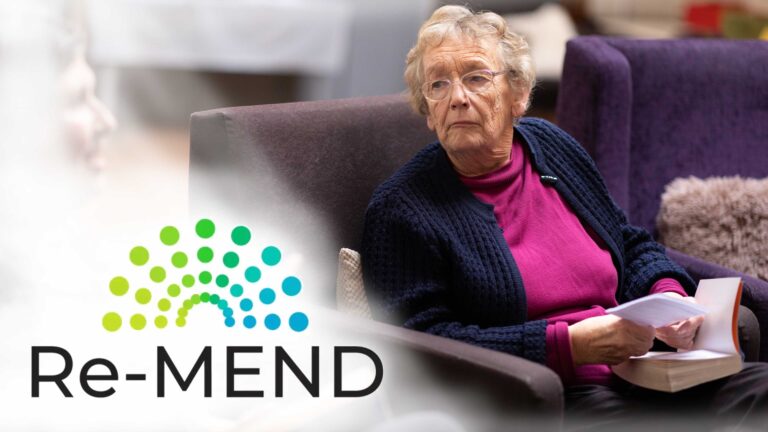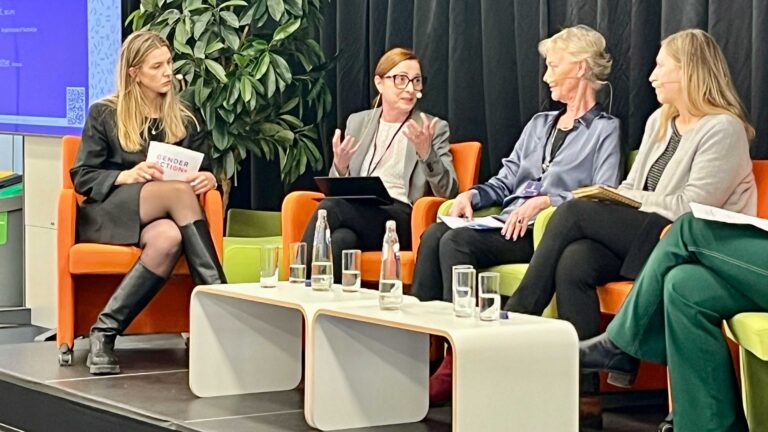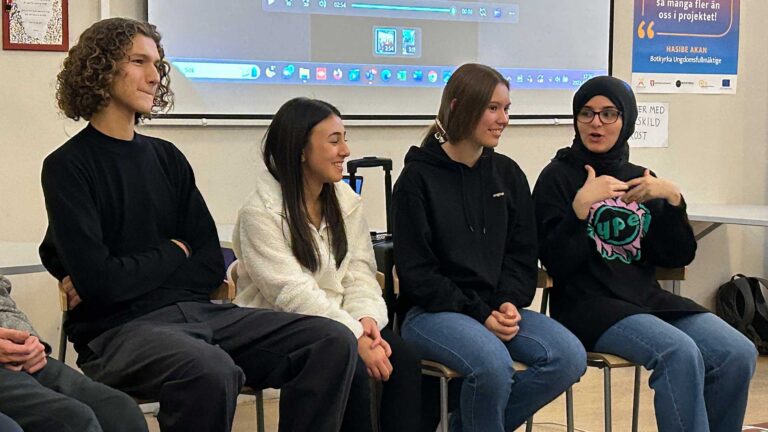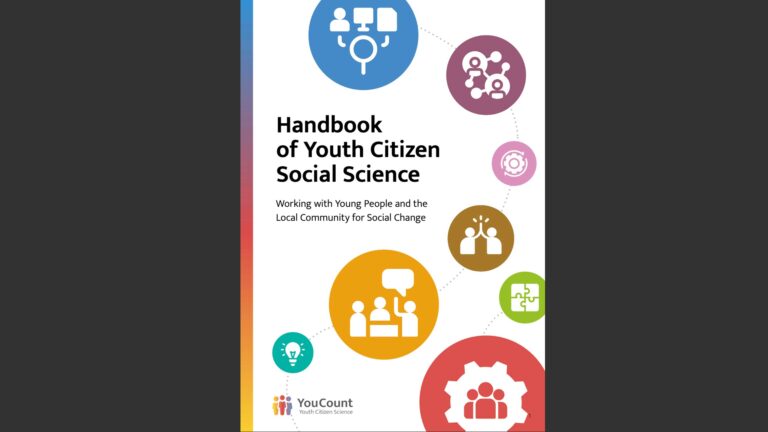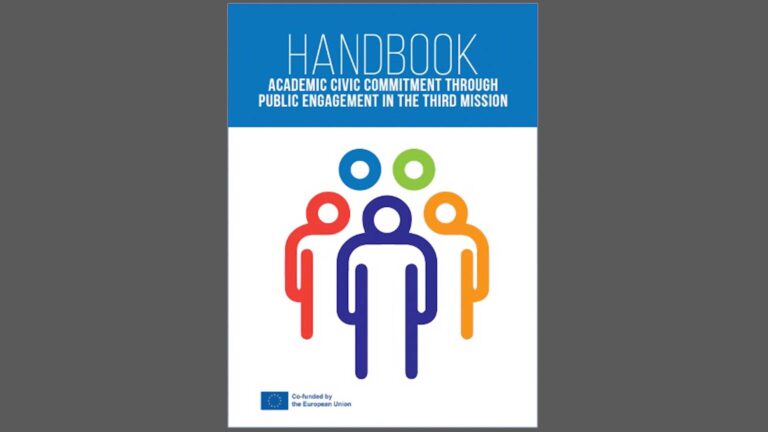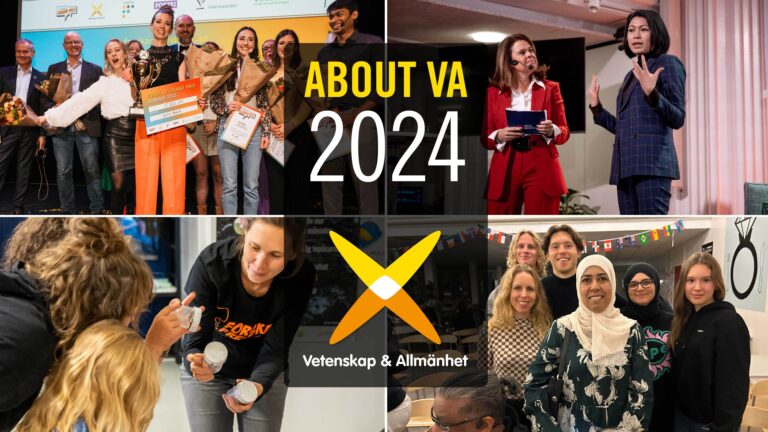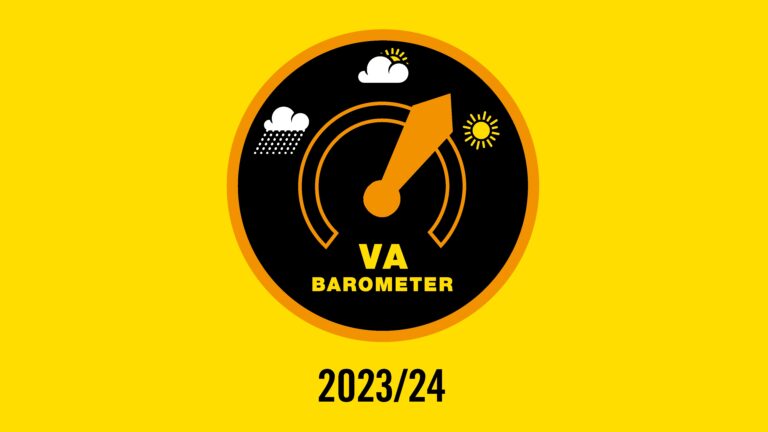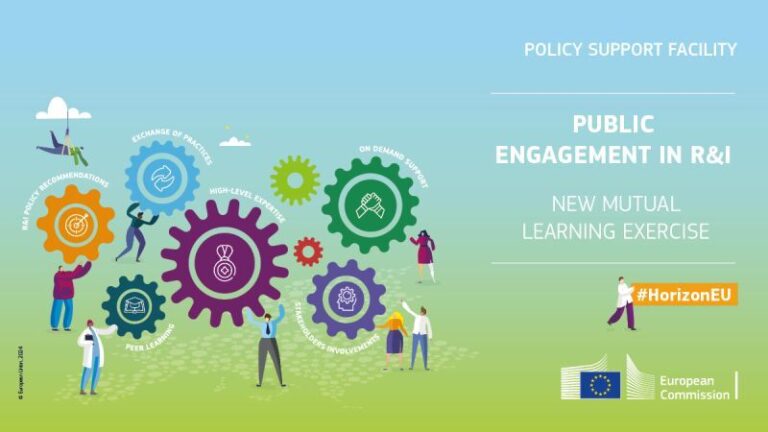Findings from Sweden’s largest plastic waste experiment now…
The Plastic Experiment is a nationwide Citizen Science project in which Keep Sweden Tidy Foundation, Public & Science Sweden and the University of Gothenburg have… Läs mer
Skapad:
2024-04-09Uppdaterad:
2024-04-08The Plastic Experiment 2022/23 – Final Report
This report is an English summary of the VA-Report (in Swedish) called Plastexperimentet – slutrapport 2022-2023. The Plastic Experiment was a Citizen Science project and… Läs mer
Skapad:
2024-04-08Uppdaterad:
2024-04-09Skapad:
2024-03-27Uppdaterad:
2024-03-28Launch of Re-MEND citizen science project for better…
Among the EU Re-MEND project’s objectives are the improvement of mental health literacy among health care professionals, intervention developers, and the general public. One of… Läs mer
Skapad:
2024-03-18Uppdaterad:
2024-03-27ERA of Inclusive Gender Equality conference deliberates future…
In celebration of the International Day of Girls and Women in Science, the ERA of Inclusive Gender Equality conference was hosted at BOSA, Brussels on… Läs mer
Skapad:
2024-03-08Uppdaterad:
2024-03-27YouCount wraps up with co-created handbook
Ten case studies, nine countries, three years, and a wealth of lessons learned. The citizen science project YouCount draws to an end with a collective… Läs mer
Skapad:
2024-02-29Uppdaterad:
2024-03-04Handbook of Youth Citizen Social Science
Working with Young People and the Local Community for Social Change. This handbook build on the experiences from the YouCount project and represents a unique… Läs mer
Skapad:
2024-02-23Uppdaterad:
2024-03-05Handbook for academic civic engagement in universities
“Academic Civic Commitment through Public Engagement in the Third Mission” is a new handbook that has been developed by the Erasmus+ Tenacity project. It is… Läs mer
Skapad:
2024-02-22Uppdaterad:
2024-02-23VA Information Folder 2024 in English
Information about VA (Public & Science) and its members. Läs mer
Skapad:
2024-02-08Uppdaterad:
2024-02-22Swedish public more cautious about developments in AI
The Swedish public’s interest in social sciences research is increasing, and overall, confidence in researchers and research is high. However, the public’s attitude towards artificial… Läs mer
Skapad:
2024-02-08Uppdaterad:
2024-02-08VA Barometer 2023/2024 in English
These are some of the results of the 2023/24 VA Barometer. Läs mer
Skapad:
2024-02-07Uppdaterad:
2024-02-08VA to help shape public engagement in the…
VA (Public & Science) is contributing as a national expert in the new Mutual Learning Exercise (MLE), focusing on Public Engagement in Research & Innovation… Läs mer
Skapad:
2024-02-07Uppdaterad:
2024-03-12
